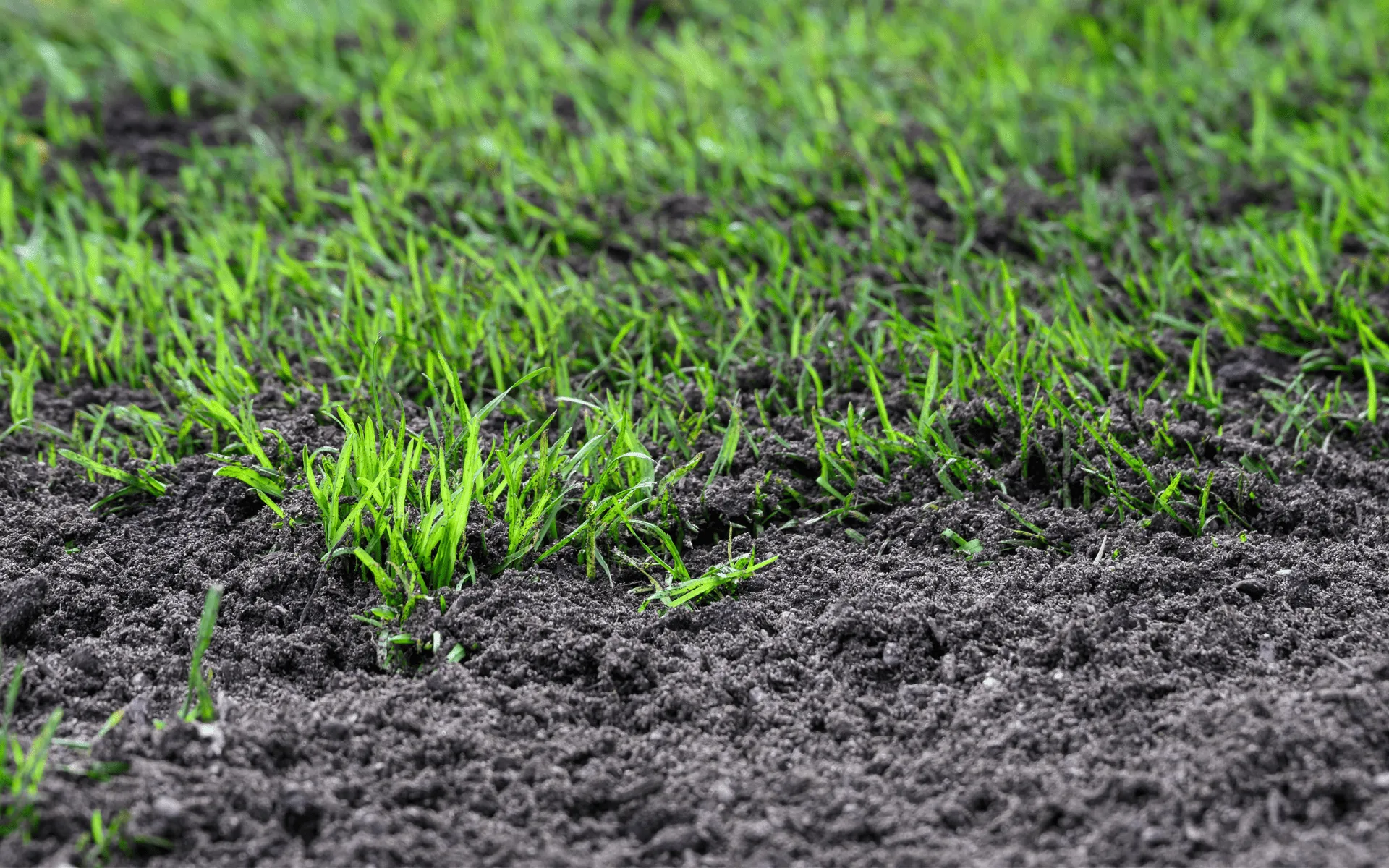Organic weed control refers to the practice of managing and eliminating unwanted plants—commonly known as weeds—using natural, non-synthetic methods. This approach avoids chemical herbicides, instead focusing on techniques that are safe for the environment, humans, pets, and beneficial organisms.
In Australia, where ecosystems are both diverse and fragile, adopting organic weed control methods is particularly important. Not only does it help maintain healthy lawns and gardens, but it also preserves the integrity of native flora and fauna.
The Importance of Organic Weed Control
Weeds are more than just an eyesore; they compete with desirable plants for nutrients, water, sunlight, and space. If left unchecked, they can overrun gardens and lawns, leading to reduced plant health and biodiversity loss. While traditional chemical herbicides may be effective, they often come with environmental and health risks.
They can contaminate soil and water sources, harm non-target species, and pose health hazards to humans and animals. Organic weed control offers a sustainable alternative that mitigates these risks while promoting long-term lawn and garden health.
Benefits of Organic Weed Control
Organic weed control offers numerous advantages beyond just eliminating unwanted plants. By using natural methods, homeowners and gardeners can protect their health, improve soil quality, and contribute to environmental sustainability. These benefits extend beyond individual gardens, supporting local biodiversity and reducing the overall ecological footprint of weed management.
1. Environmental Safety
Organic weed control methods reduce the risk of soil and water contamination. By avoiding synthetic chemicals, these methods protect beneficial insects, microorganisms, and wildlife, supporting a balanced ecosystem.
2. Human and Animal Health
Without harmful residues, organic weed control ensures that outdoor spaces remain safe for children and pets. This is particularly important in residential areas where families and animals frequently interact with the lawn and garden.
3. Soil Health Improvement
Natural weed control techniques often enhance soil structure and fertility. For example, mulching not only suppresses weeds but also adds organic matter to the soil as it decomposes, improving its quality over time.
4. Biodiversity Preservation
By choosing organic methods, gardeners and land managers avoid harming non-target plants and animals, preserving local biodiversity. This is crucial for maintaining resilient ecosystems that can adapt to environmental changes.
Organic Weed Control Methods

Organic weed control encompasses a range of natural strategies that effectively manage weeds without harming the environment. These methods focus on prevention, manual removal, and natural herbicides to keep gardens and lawns healthy. By integrating multiple organic techniques, homeowners can achieve long-term weed suppression while improving soil and plant health.
1. Manual Removal
Hand-pulling or using tools like hoes and weed pullers is a direct and effective method, especially for small areas or isolated weeds. It’s essential to remove the entire root system to prevent regrowth.
2. Mulching
Applying a thick layer of organic mulch—such as wood chips, straw, or grass clippings—around plants suppresses weed growth by blocking sunlight. As the mulch decomposes, it enriches the soil with organic matter.
3. Corn Gluten Meal
This natural byproduct of corn processing acts as a pre-emergent herbicide, inhibiting the germination of weed seeds. It’s essential to apply it before weed seeds sprout for maximum effectiveness.
4. Vinegar-Based Solutions
Acetic acid in vinegar can desiccate and kill weeds. Household vinegar (5% acetic acid) may not be potent enough, but horticultural vinegar (20% acetic acid) can be effective. Caution is advised, as higher concentrations can harm desired plants and soil health.
5. Boiling Water
Pouring boiling water directly onto weeds is a simple method to kill them. This technique is best suited for weeds growing in pavement cracks or non-plant areas, as it can also harm nearby plants.
6. Flame Weeding
Using a propane torch to apply direct heat can effectively kill weeds. This method requires caution to prevent fire hazards and is generally more suitable for non-flammable areas.
7. Organic Herbicides
Products containing natural ingredients like pine oil, citrus oil, or clove oil can be effective against weeds. Always follow application instructions and ensure the product is safe for the surrounding plants and environment.
Implementing Organic Weed Control in Australia
Australia’s unique climate and diverse ecosystems require tailored approaches to organic weed control. Here are some region-specific considerations:
1. Understanding Local Weeds
Identifying the common weeds in your area helps determine the most effective control methods. For instance, in Northern Australia, tropical weeds like lantana may require different strategies compared to temperate weeds in Southern regions.
2. Soil Health Management
Healthy soil supports vigorous plant growth, which can outcompete weeds. Incorporating organic matter, such as compost and manure, improves soil fertility and structure.
3. Proper Lawn Maintenance
Maintaining appropriate mowing heights for your grass species helps shade out weed seedlings. Regular watering and fertilisation, using organic products, promote dense turf that resists weed invasion.
4. Utilising Native Plants
Incorporating native Australian plants into landscaping reduces weed competition. Native plants are adapted to local conditions, require less maintenance, and often outcompete invasive weeds.
5. Seasonal Timing
Applying organic pre-emergent controls, like corn gluten meal, before weed seeds germinate increases effectiveness. In Australia, timing varies depending on the region and specific weed species.
Challenges and Considerations

While organic weed control offers numerous benefits, it also presents certain challenges:
1. Labour Intensity
Manual removal and some organic methods can be time-consuming and labour-intensive, especially in larger areas.
2. Variable Effectiveness
Some organic methods may require repeated applications and may not be as immediately effective as chemical herbicides.
3. Selective Control
Organic herbicides are often non-selective, meaning they can harm desired plants if not applied carefully.
4. Cost Implications
Certain organic products or methods may be more expensive than conventional options. However, investing in soil health and sustainable practices can lead to long-term savings.
Conclusion
Organic weed control is a sustainable and environmentally friendly approach to maintaining healthy lawns and gardens. By reducing chemical exposure, supporting biodiversity, and improving soil health, organic methods provide a long-term solution that benefits both people and the environment. While these techniques may require more effort than traditional herbicides, the long-term gains in sustainability, safety, and ecological balance make them a worthwhile choice for Australian homes and landscapes.










